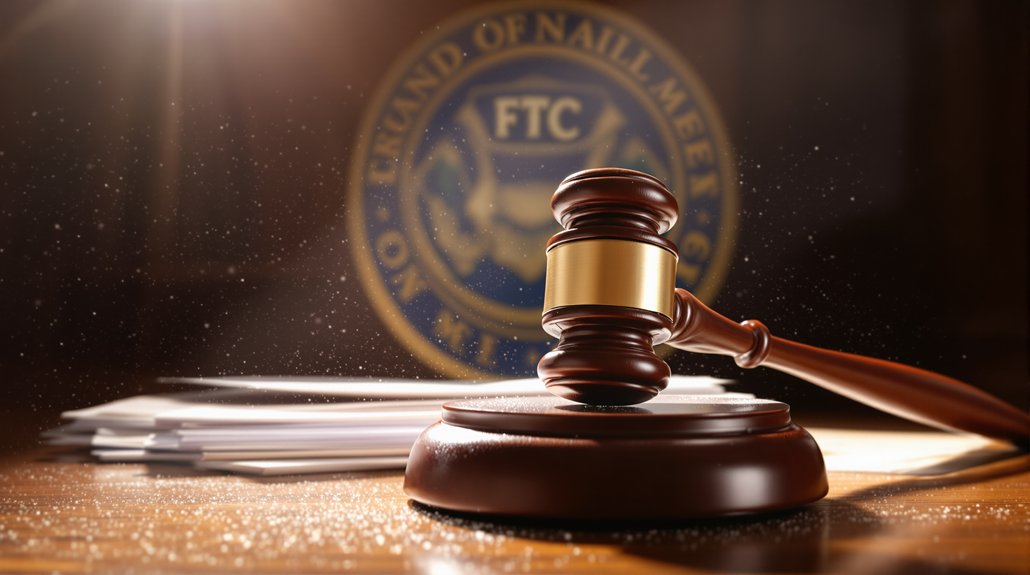Meta has claimed that individual books are “essentially worthless” when used to train AI models, stating they influence outcomes by less than 0.006%. Authors and publishers strongly disagree, arguing this interpretation of fair use ignores ethical concerns about using creative works without compensation. The dispute highlights growing tensions between tech companies and content creators as both sides await clearer copyright regulations. What does this conflict reveal about how corporations value intellectual property in the AI era?
While defending itself in copyright lawsuits, Meta has taken a controversial stance on the value of books used to train its AI systems. The tech giant claims that individual books are “essentially worthless” when used in isolation for Large Language Model training, arguing that their use falls under “fair use” provisions of copyright law.
According to Meta, any single book affects its AI model’s outcome by less than 0.006% based on industry benchmarks. The company describes this impact as mere “background noise” in the data’s influence on model performance. This stance has sparked outrage among authors and publishers who see their work being used without permission or compensation.
Meta has reportedly acquired over seven million books for its AI training, including materials from sources like LibGen. Internal communications have revealed that the company removed copyright pages from the data collection during the training process.
Meta scrubbed copyright pages from millions of books harvested for AI training, including titles from known piracy sources.
The tech company’s legal defense compares authors’ value claims to a symphony board refusing to pay individual musicians because no one musician can perform the entire symphony alone. While Meta acknowledges the collective dataset is vital, it maintains that component parts are interchangeable and individually insignificant.
Meta further argues that since no market exists for licensing books specifically for AI training purposes, there’s nothing of value to exchange with authors. This lack of transparency in how AI systems use creative content raises serious ethical concerns about human autonomy and fair compensation. This forms the core of their resistance to compensating writers for using their copyrighted works. The plaintiffs include several notable authors like Andrew Sean Greer and Ta-Nehisi Coates who are challenging Meta’s interpretation of fair use doctrine.
The company’s position reflects broader legal uncertainties surrounding AI and copyrighted works. Meta isn’t alone in facing such lawsuits, as the rapid advancement of AI technology has outpaced clear legal frameworks for intellectual property in this scenario. With over 15 major cases currently active regarding AI and copyright, the legal landscape remains uncertain for both technology companies and content creators.
The dispute highlights the growing tension between tech companies racing to build advanced AI systems and content creators who feel their work is being exploited without proper recognition or compensation in this emerging technological landscape.









